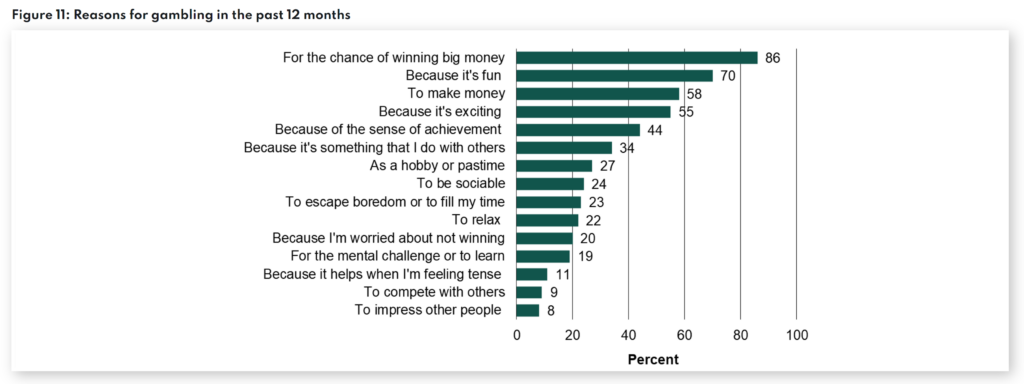Harris Hagan retains top tier rankings in 2025 Chambers and Partners and The Legal 500
We are delighted to announce that Harris Hagan has again been ranked in the top tier in both Chambers and Partners and The Legal 500 for 2025.
Chambers and Partners
Harris Hagan has been ranked in Band 1 for Gaming for the 21st consecutive year.
“The team is first-rate and has extensive experience in the sector. We have full confidence in the ability of the Harris Hagan team to provide us with first-class service.”
Partners John Hagan and Bahar Alaeddini continue to be recognised in Band 1 and Partner David Whyte has been recognised in Band 3. Consultant Hilary Stewart-Jones is ranked as a Senior Statesperson and Senior Associate Gemma Boore together with Associate Francesca Burnett-Hall, continue to be recognised as Associates to Watch.
Together our lawyers constitute 6 of the 25 gaming lawyers recognised in the directory, befitting our status as a leading specialist gambling law firm. We were also invited by Chambers to write the introduction to the practice area.
We received many positive testimonials, including:
“Every lawyer I have dealt with at the firm is excellent; they know exactly what is going on in the market. This means they are able to provide thorough but also commercial and pragmatic advice.”
“John Hagan is first-class. He is one of the most experienced and impressive gaming lawyers.”
“Bahar has deep relationships in the industry and an ability to solve complex gaming issues in a client-friendly way. She is second to none in that regard.”
“David is extremely knowledgeable of the gambling industry. He is able to provide very thorough advice, whilst also being very direct, pragmatic and to the point.”
“Hilary’s experience of the market is invaluable.”
“Gemma has done excellent work and we would welcome any opportunity to continue working with Gemma in the future.”
“Francesca is very capable, always available and very prompt with every task.”
The Legal 500
Harris Hagan continues to be ranked as Tier 1 for Gaming and Betting in the UK.
“Harris Hagan is, by some margin, the leading specialist firm in the U.K. gaming industry. Their team has unrivalled expertise in gaming regulation and licensing.”
Managing Partner John Hagan, alongside Consultant Hilary Stewart-Jones continue to be listed in The Legal 500’s Hall of Fame, Partner Bahar Alaeddini is listed as a Leading Partner, and Partner David Whyte is listed as a Next Generation Partner. Senior Associate Jessica Wilson is also recognised as a Leading Associate.
We received many positive testimonials, including:
“They have seen it all, and are able to bring their deep experience and deep industry knowledge and connection to bear to provide high quality, pragmatic advice.”
“Their ability to understand our industry in-depth makes them stand out from the rest. They are so invested in understanding all aspects that it enhances the knowledge and guidance they provide.”
“John Hagan is the most prominent U.K. gaming lawyer and is a widely known and respected figure in our industry.”
“‘Friendly, approachable, advice and guidance is not always done in legal jargon, they have a great way of describing a situation in layman’s terms. David Whyte covers all these areas with excellence.”
We would like to thank all of our clients to whom we are incredibly grateful for your continuing instructions and for helping us achieve these impressive rankings.
